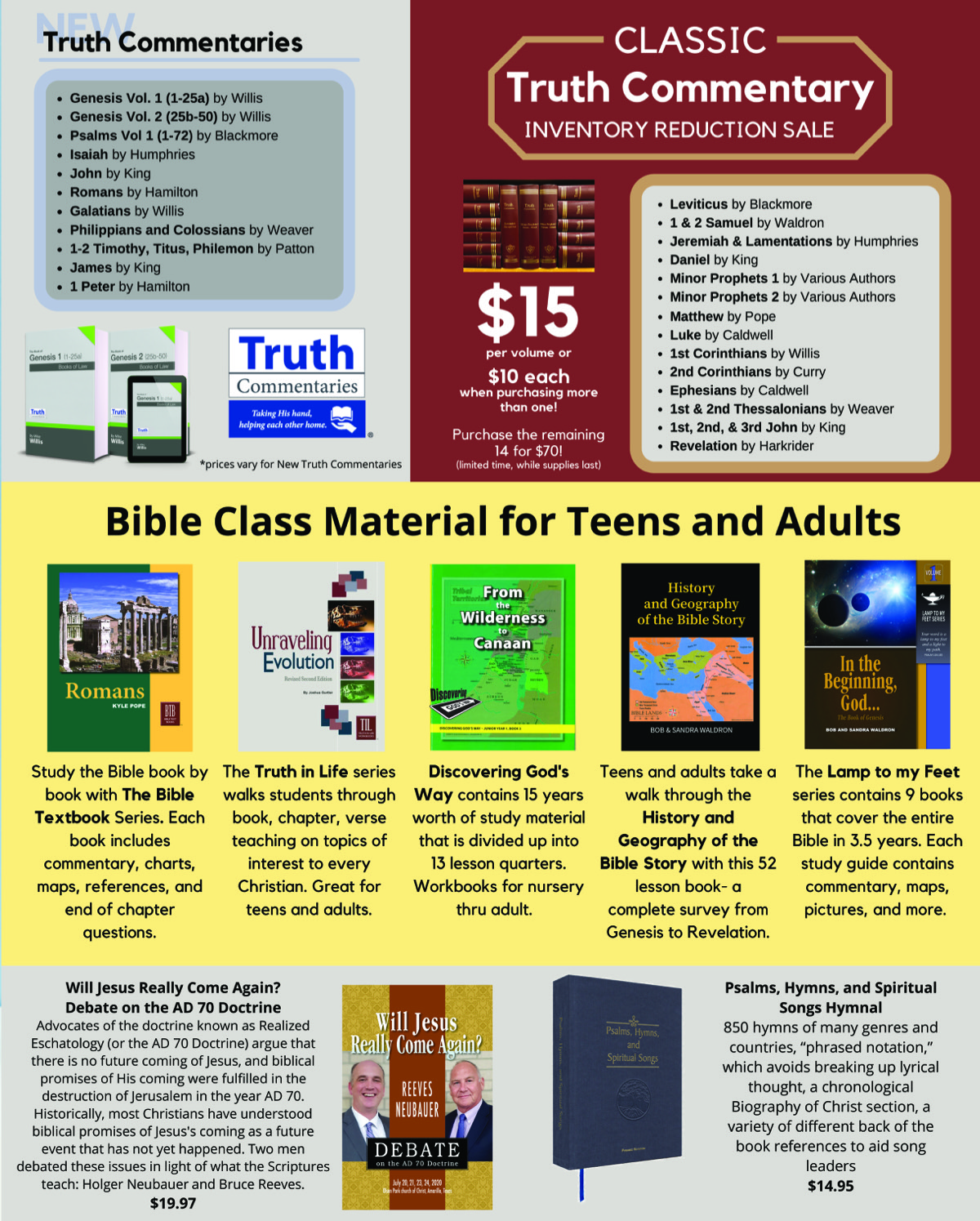by Anonymous
Synopsis: Mathematics (the abstract science of numbers, quantity and space) has a spiritual connection: It reflects the orderliness of the Creator, and the orderly lives of disciples (Greek: mathētēs derived from the root math, meaning “to learn”).
A teacher and fallen away Christian, explaining his condition, said that he was much closer to God on his tractor rather than being in worship. If he senses the presence of God in the wonders of nature, should this not beget a desire to know and worship that Being? This is beautifully articulated in Psalm 19. Recognizing the glory of God in His creation (vv. 1-6) should lead us to discover and discern the mind of God as revealed in Sacred Scripture (vv. 7-14). In an open-minded study of mathematics, this connection to (and dependence upon) an intelligent Creator should arouse in us a desire to know that Creator.
What if mathematics leads us to see the Lord? Many have turned to unproven theories that claim order came out of chaos. Allegedly, life came from a mass of junk that came from. . . they know not where. . . and know not how. . . from such suppositional slime. . . sublime order emerged. Unbelievers assert that chaos begets order. Yet, such claims are baseless: All experience and evidence tells us the opposite.
In the study of mathematics, we rely on some basic elements that are deeply ingrained in our thinking. Mathematics depends on the constant nature of the world that we are trying to measure. God’s word assures us that all nature is created and sustained by the Lord (Heb. 1:1-3). Our measurements are usable because of this constancy in nature. We count on intelligence rather than chaos to study any area of mathematics or any area of science, since mathematics measures this intelligence and makes sense of every such area.
Take the measurement of the surrounding earth. In about AD 300, Euclid formulated the concepts of Geometry that we use in school and surveying today. He built it on knowledge that had been amassed from before the great building works of the Egyptians, back at least to 1500 BC.
How do we account for measuring an infinitely complicated world with a system existing for 3500 years? Is there even the least evidence of any change in our earth system that would affect our existing measurement methods? One might surmise that relativistic mathematics suggests such a change, but it is usable only in interstellar distances, having no effect on earth measurements. Even the use of relativity relies on our centuries of known mathematics.
A gross misuse of mathematics that clouds the thinking even of many researchers who study archaeology is making extreme extrapolations from present facts. The well-taught mathematician knows that, though interpolation is a useful tool, extrapolation is fraught with deadly pitfalls. Extrapolation is the extending of known data far, far beyond its limits. Years ago someone noted the growth of population and extrapolated to a point in the not too distant future when every person on the globe would have only one square foot of land on which to stand. Ensuing history did not support such scare-mongering. The true mathematician recognizes that the intelligent control, which is so obvious, must some way be ensuring our course. If it were not so, then our mathematics would cease to work.
Someone might argue that the measure of the realm of nature itself shows a variability that suggests chaos. In arguing such, one overlooks the statistic branch of mathematics. Even though we cannot predict the outcome of a single event, yet we can measure and predict events as averages, which will be very accurate. Statistics bring order out of seeming disorder so that even in what seems to be chaotic we see the underlying intelligence of biology and again, not chaos.
Statistics can be used to illustrate the truth of the gospel. Consider the Bible: How do we know it is inspired? Sacred Scripture constitutes a single volume of sixty-six books written over a period of about 1500 years by many different writers. If this were done, even starting today, in not too many years, we would see many contradictions. If you tried to follow every medical treatise by a number of authors for the nearly 100 years that I have seen, the result would be disastrous. Read several histories of World War II by different historians with diverse viewpoints. The results reflect many disagreements and differing conclusions.
How did such a diverse collection authors, living over a span of 1500 years, dwelling in different cultures, possessing varying levels of education, write such a volume? Again, mathematics comes to our aid in figuring probabilities that prophecies written hundreds to thousands of years ago by many writers could have occurred as prophesied. Many mathematicians have picked just one prophecy and figured the probability that it would be demonstrably fulfilled. The resulting probability is so infinitesimal that it should be fulfilled accidentally as to render it impossible. Yet, it was fulfilled. Furthermore, the prophecy was so definite that the result had to be accepted. Biblical prophecies used were not like those of Nostradamus, so nebulous that they could be fitted to whatever situation develops.
As a test case, please consider the prophecy of Isaiah 44:28 about the acts of one Cyrus (a pagan king who knew not God), who would send the Israelites back to Jerusalem with orders to rebuild it. This prophecy was given about 200 years before it came to pass. It named a man, not yet born, of a nation, far from the time it would come to power, to order a specific people not yet in captivity, to return to a specific city not yet destroyed and rebuild the temple which still stood at that time. Yet, it occurred in every detail. Many of the prerequisite events were triggered by men of enemy nations. Prophecies of men, given in vague malleable terms, can sometimes seem to come to pass, but nothing Nostradamus said can compare to this precise prophecy. No, he doesn’t even come close. Trying to compute the probability of this event convinces us that this prophecy is inspired by an infinitely higher intelligence and power than possessed by any man.
It would also be instructive to consider the probability of Zechariah 11:12-13 made some 400 years before Jesus was betrayed. The prophecy reads,
And I said unto them, If ye think good, give me my price; and if not, forbear. So they weighed for my price thirty pieces of silver. And the LORD said unto me, Cast it unto the potter: a goodly price that I was prised at of them. And I took the thirty pieces of silver, and cast them to the potter in the house of the LORD (KJV).
The price was paid for someone. The amount was thirty pieces of silver. Yet, the silver was not kept but rather cast to the potter in the house of the Lord. It sounded strange to include all these diverse specific elements. The probability of it being fulfilled would certainly be infinitesimal. Judas contracted for the sale of Jesus for thirty pieces of silver but did not keep it. Rather, he cast it down in the house of the Lord, but it ended up in the hands of the potter. All of this was accomplished by Judas, who was the traitor, and by the enemies of Jesus who would never, ever do anything to support His claims. Our statistics tell us that all this could not happen except by divine intervention.
In studying mathematics we are brought to even stronger faith that (1) there is an intelligent Creator, (2) He is Jehovah, the Author of all Scripture, (3) we should obey His will, and (4) all our lives depend on His unchanging nature.
The author of this article, affectionately called “Papa,” is beloved by his family and brethren. A man of deep faith and scholarship, he has had a profound influence on countless individuals over the course of his ninety-two years of life. While deferring to his request, “Mark, I beg your indulgence to not having any identification but a line saying ‘From a math teacher for 43 years.’ I must also say that”Papa” has been one of the anchors in my life, an individual for whom I have the greatest affection and highest regard.


